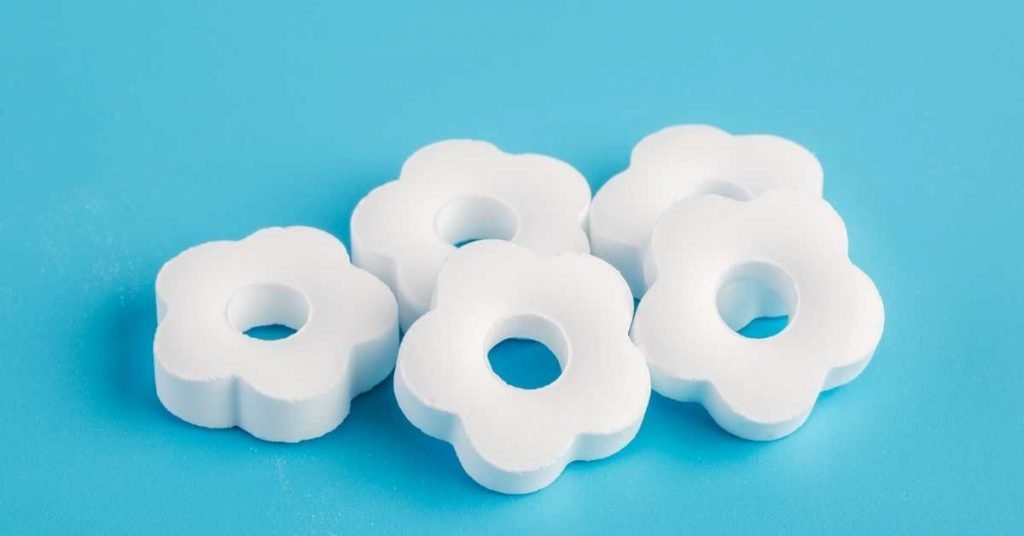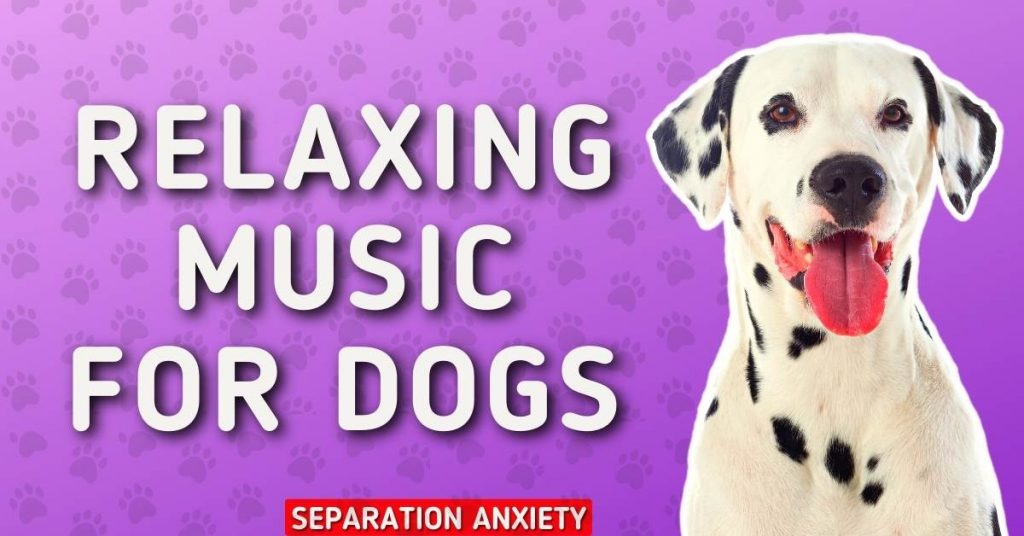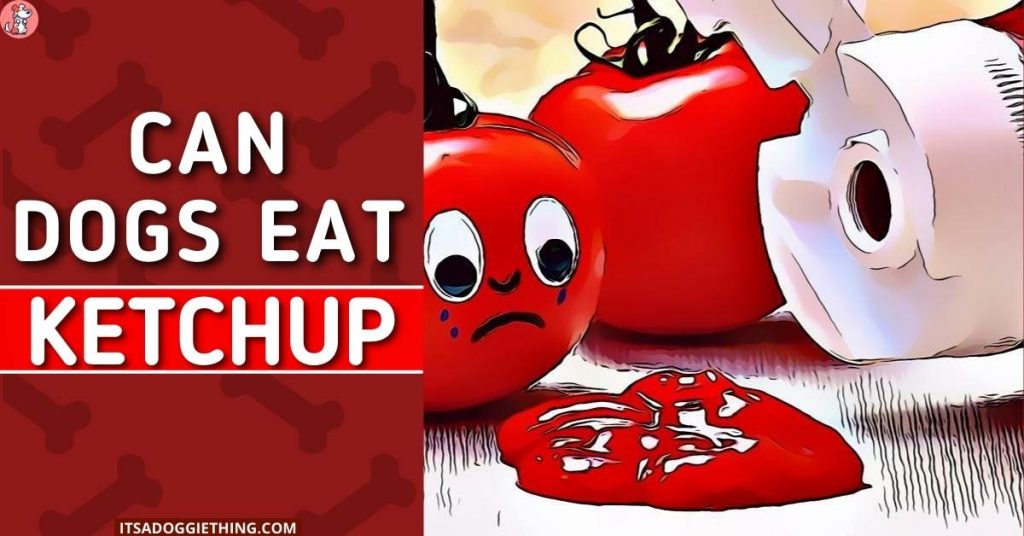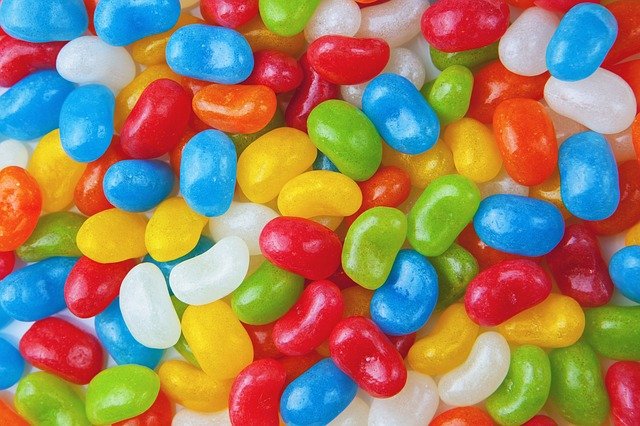
Consider this; you come home, and your furry friend jumps enthusiastically to kiss you. But what you get is a slap of foul breath. Does this scene sound all too familiar?
In one survey of 2000 dog owners, almost half believe their pups have bad breath. But rarely do dog owners try and reach the bottom of the problem.
Most pet owners resort to buying dog mints for bad breath. But a smarter approach is to find out what is causing your pooch’s malodorous breath. Experts say there is always a reason behind the smell.
In humans, we accept bad breath as a common issue that happens to everyone when they wake up in the morning. Persistent bad breath can signal dental or oral disease.
On the contrary, bad breath or halitosis in dogs is accepted as normal without any consideration for possible underlying oral pathology.

Why breath mints are bad for your dog’s health
Think cavities, artificial flavors, oils, and menthol. Most sugar-free mints and other items such as gums, toothpaste, mouthwash, and more, contain an artificial sweetener called Xylitol.
In humans, this chemical is well-tolerated. But it can be poisonous to your dog. Even small amounts of the chemical can cause hypoglycemia, seizures, liver failure – and in worst cases – death.
On the other hand, anything loaded with sugar is also not recommended for pets for obvious reasons. It can cause tooth decay and other oral and dental problems. To your furry friend, mints can taste like candy. You will regret it once your dog starts begging for them.
Common causes of bad breath in your pet
If your furry companion’s stinky breath stays persistent, don’t just dismiss it as ‘dog breath’. There could be several reasons for it.
Oral Hygiene:
The most common reason behind a dog’s bad breath is inadequate oral hygiene or periodontal disease. If your four-legged friend does not get his teeth cleaned often, plaque and tartar can build up quickly and result in stinky breath.
Over time, bad bacteria in the mouth can cause problems such as tooth decay, gum infections, and even puss.
Bad snacking habits:
Sometimes, bad snacking habits are what’s causing your dog’s stomach-churning breath. If your furry companion has access to the garbage, or decaying animal vestiges, then his bad breath could be the result of secret snacking.
Dogs also love eating cat poop. Some dogs also eat their own poop and that of other dogs – a condition also known as coprophagia.
This is probably why your dog’s breath makes you mildly nauseous.
Other health conditions:
Your dog’s breath also says a lot about her health. A mildly sweet-smelling reeky breath could be a result of diabetes.
If her mouth smells like ammonia, it could be a warning sign of kidney disease.
And if the smell is truly foul, your dog is vomiting and has a yellow tinge to her gums, she might have liver disease.
To rule out all of these possibilities, take your pooch for a check-up at the earliest.
Simple ways to prevent bad breath in your pet
Don’t try to cover up your dog’s bad breath by feeding mints. Instead, get to the root of the issue. Bad breath is most often the result of food particles getting stuck in its teeth. The resulting bacteria can cause bad breath.
If this is the case, your dog’s foul breath problem should be fairly easy to tackle. Brush your dog’s teeth with doggy toothpaste more often instead of giving her mints which will only rectify the problem temporarily.
Its also recommended that you look inside your pet’s mouth often to look for signs of bleeding or swelling, missing teeth, or sensitivity. Get her whiffs checked out by the vet to rule out any dental disease or other health problems.








